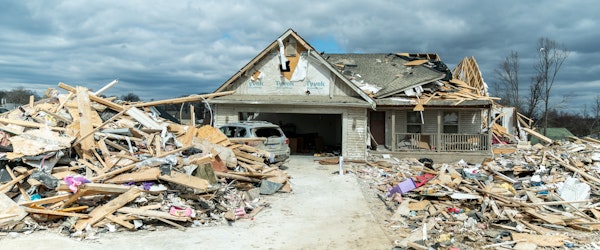
Why Hurricane Milton’s Tornado Outbreak Was So Severe and What It Means for Future Storms
Tuesday, October 15th, 2024 Catastrophe Property Risk ManagementHurricane Milton, which hit Florida earlier this week, was responsible for an unprecedented tornado outbreak, including an EF-3 tornado that tore through Palm Beach Gardens with 140 mph winds. Florida, accustomed to hurricanes but not typically strong tornadoes, faced one of its worst tornado-related disasters, with fatalities and widespread damage, particularly in St. Lucie County.
Experts believe the unusual outbreak was fueled by extreme instability in the atmosphere, as thunderstorms were isolated from the hurricane’s core, encountering warm, turbulent conditions. Early research suggests that hurricanes could produce more intense tornadoes in the future as the planet warms, raising concerns about the impact of climate change on hurricane-related weather events.
While the connection between climate change and this year’s tornadoes remains unclear, studies show a warming world may increase the number of storms capable of producing tornadoes, with the possibility of up to a 299% increase in tornadic activity linked to tropical cyclones by mid-century. The devastation caused by Hurricane Milton highlights the need for further research into the effects of climate change on hurricane behavior.





